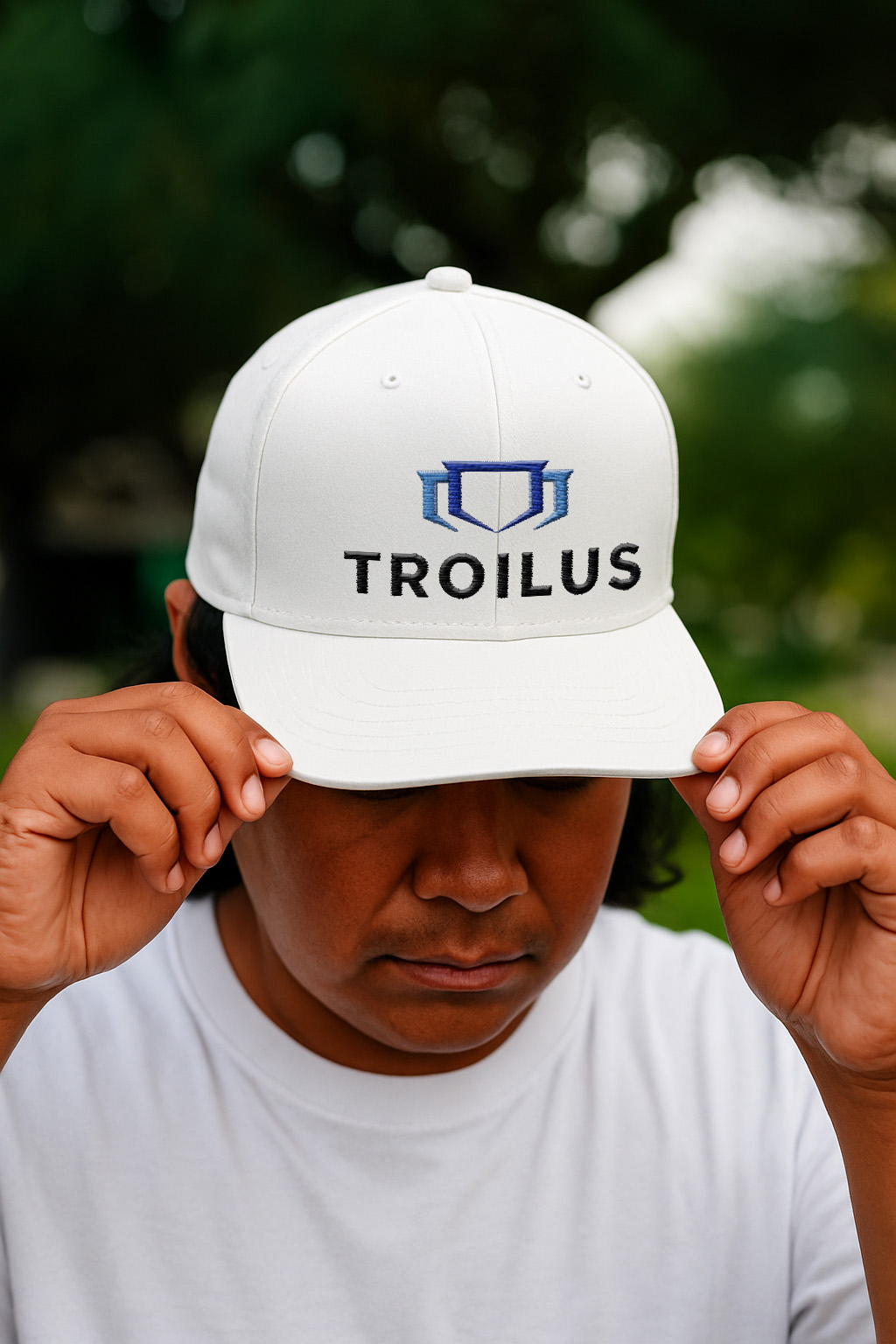ESIA for the Troilus Gold-Copper Project
In June 2025, Troilus submitted the Environmental and Social Impact Assessment (“ESIA”) for the Troilus Gold-Copper Project to both the Government of Canada and the Government of Quebec. This represents a major step forward in the development of the project and reflects our commitment to working openly, transparently and respectfully with local and Indigenous communities.
The ESIA was submitted to:
- The Impact Assessment Agency of Canada (“IAAC”), at the federal level.
- The Ministère de l’Environnement, de la Lutte contre les changements climatiques, de la Faune et des Parcs (“MELCCFP”), at the provincial level.
The ESIA is the result of over five years of detailed baseline studies, rigorous technical evaluations, and meaningful engagement with Indigenous and local communities.
Key Highlights of the ESIA:
- Extensive community consultation: The ESIA includes input from the Cree Nation of Mistissini and the communities of Chibougamau, Chapais, and Oujé-Bougoumou, which helped shape project design and mitigation strategies.
- Past experience with the site: The Troilus site was an operating mine between 1996 and 2010, which has left a legacy and strong understanding of mining and how to manage the project’s impacts responsibly.
- Positive findings environmental findings: Independent studies by organizations including Coalia, the National Research Council of Canada, Lamont, and the Minesite Drainage Assessment Group, confirm that the waste rock at Troilus is non-acid-generating, significantly reducing environmental risk and long-term water treatment needs.
Now that the ESIA is officially submitted, a formal review process begins:
- In Québec, the review will be led by COMEX, the environmental and social review committee created under the James Bay and Northern Québec Agreement (JBNQA).
- At the federal level, IAAC will oversee a separate but coordinated process that includes technical analysis, public participation, and opportunities for Indigenous consultation.
As the ESIA review process moves forward, we will continue to share updates and ensure that local voices remain central in shaping the future of the Troilus Project.


